Employee Cybersecurity Awareness
- Home
- Employee Cybersecurity Awareness
Employee Cybersecurity Awareness
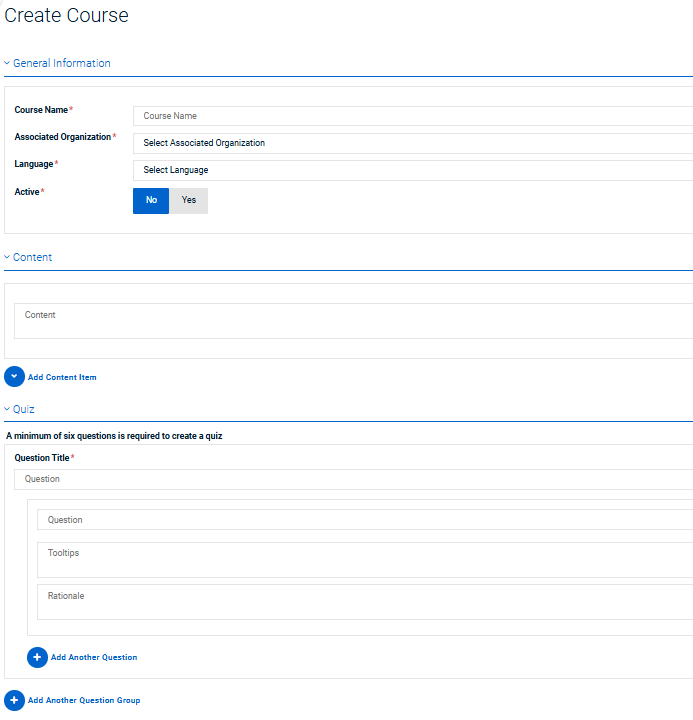
Employee Cybersecurity Awareness Training and Simulated Phishing Campaigns are Crucial
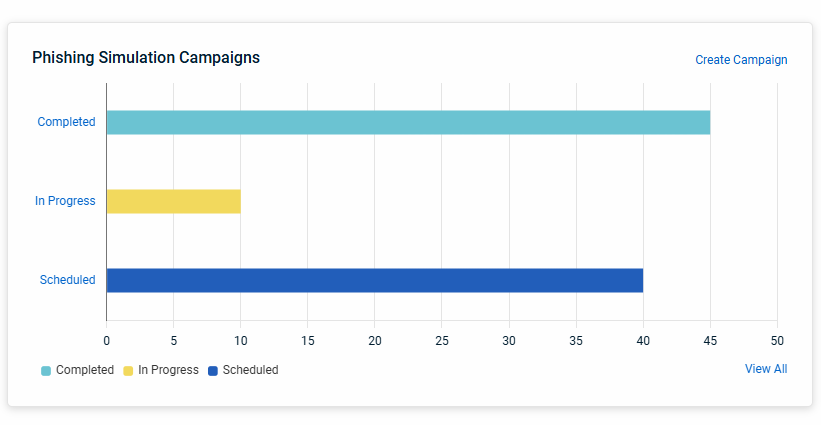
Protect Against Cyber Threats
Phishing Attacks:
Email Scams Employees are often the first line of defense against phishing attacks. Awareness training helps them recognize suspicious emails and avoid clicking on malicious links.
Spear Phishing: Targeted phishing attacks (spear phishing) can be particularly damaging, and training can help employees identify these more sophisticated attempts.
Malware and Ransomware:
Malicious Downloads: Educating employees about the dangers of downloading files from untrusted sources can prevent malware and ransomware infections.
Safe Browsing Practices: Awareness of safe browsing practices reduces the risk of inadvertently visiting malicious websites.
Reduce Human Error
Common Mistakes:
Accidental Data Sharing: Training can reduce incidents of accidental data sharing or exposure, such as sending sensitive information to the wrong recipient.
Misconfiguration: Educating employees about the importance of proper system and software configuration can prevent vulnerabilities that could be exploited by attackers.
Incident Response:
Recognizing Incidents: Employees who are aware of cybersecurity threats are more likely to recognize and report suspicious activity promptly.
Quick Response: Training employees on incident response protocols ensures quick action to contain and mitigate security incidents.
Prevent Data Breaches
Sensitive Information Handling:
Data Protection: Employees need to understand how to handle sensitive information, including customer data, to prevent accidental exposure or theft.
Encryption and Secure Storage: Training on the use of encryption and secure storage methods helps protect data at rest and in transit.
Password Security:
Strong Passwords: Educating employees about creating strong, unique passwords reduces the risk of credential theft.
Password Management Tools: Promoting the use of password management tools can help employees maintain strong passwords without reusing them across multiple sites.
Compliance with Regulations
Regulatory Requirements:
Data Protection Laws:Many industries are subject to regulations such as GDPR, HIPAA, and CCPA, which require robust data protection practices. Employee training is essential to ensure compliance.
Industry Standards:Compliance with industry standards often includes training requirements to ensure that employees are aware of and adhere to best practices.
Fines and Legal Consequences: Non-compliance with data protection regulations can result in significant fines and legal repercussions. Employee awareness helps mitigate these risks.
Safeguard Business Reputation
Trust and Credibility:
- Customer Confidence: Customers are more likely to trust businesses that prioritize cybersecurity and demonstrate that their data is secure.
- Brand Reputation: Preventing data breaches and cyber incidents helps maintain a positive brand reputation and avoids the negative publicity associated with security breaches.
Competitive Advantage:
- Differentiation: Demonstrating strong cybersecurity practices, including employee training, can differentiate a small business from competitors who may not prioritize security.
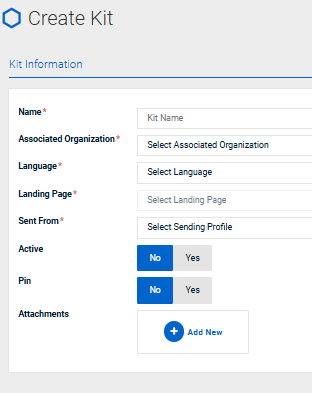

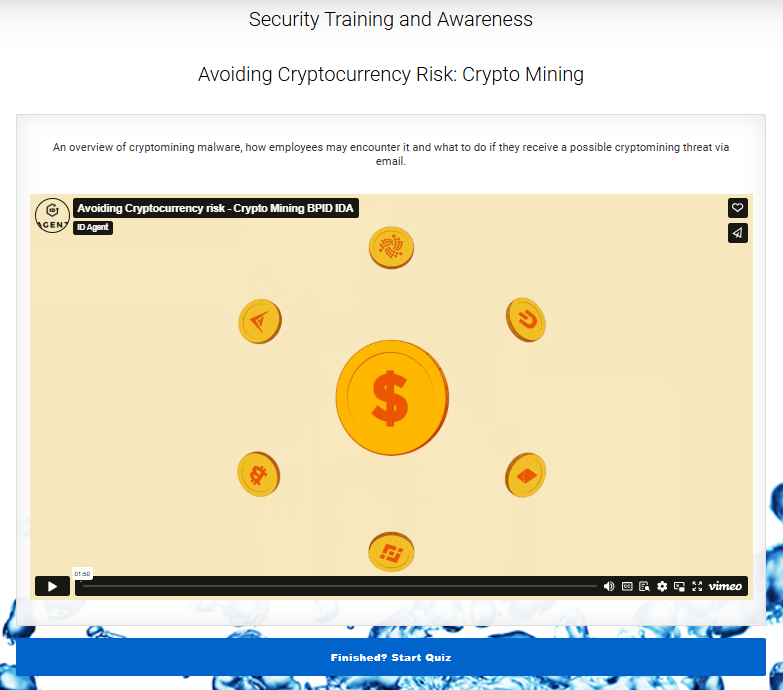
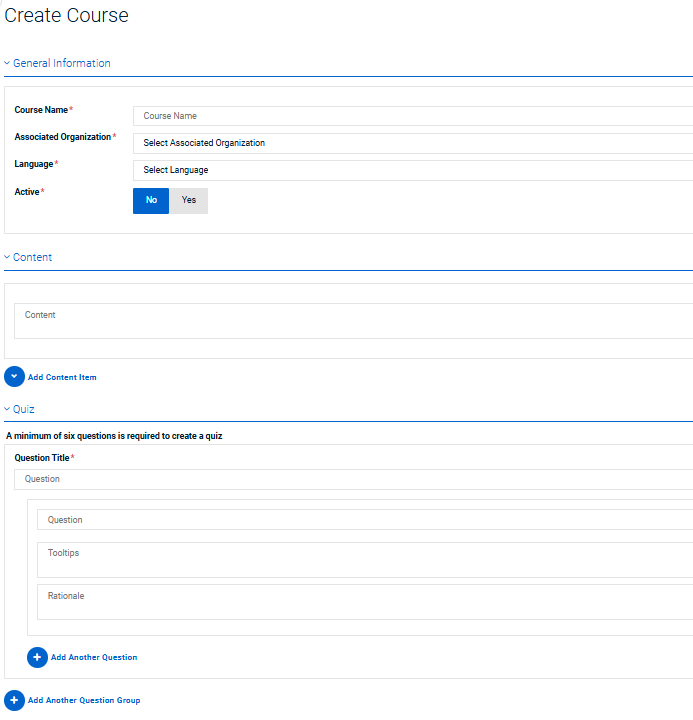
Enhance Overall Security Posture
Defense in Depth:
- Layered Security: Employee awareness is a critical layer in a multi-layered security strategy, complementing technical measures like firewalls and antivirus software.
- Proactive Defense: Trained employees act as a proactive defense against cyber threats, identifying and mitigating risks before they can cause harm.
Security Culture:
- Organizational Commitment: Creating a culture of cybersecurity awareness ensures that all employees understand their role in protecting the business.
- Continuous Improvement: Regular training and updates keep employees informed about the latest threats and best practices, fostering a continuous improvement mindset.
Cost-Effective Risk Management
Reducing Costs:
- Preventing Incidents: Preventing cyber incidents through employee awareness can save the business significant costs associated with breach recovery, legal fees, and lost revenue.
- Insurance Benefits: Some cybersecurity insurance policies offer lower premiums or better terms for businesses that implement regular employee training programs.
Maximizing ROI:
- Effective Use of Resources: Investing in employee training can be more cost-effective than dealing with the aftermath of a cyber incident.
- Minimizing Downtime: Reducing the frequency and impact of cyber incidents minimizes downtime and maintains business continuity.
Secure Remote Work
Remote Work Risks:
- Home Network Security:With the rise of remote work, employees need to be aware of securing their home networks and devices.
- Remote Access: Training on secure remote access methods, such as using VPNs and multi-factor authentication, helps protect business resources.
Mobile Device Security:
- BYOD Policies: Educating employees on the risks and best practices associated with using personal devices for work helps secure mobile access.
- Device Management: Implementing and training employees on mobile device management (MDM) solutions enhances security for remote and mobile workforces.
Get Started and Learn More Today

Email a Specialist
Speak with a ResoluteGuard specialist to learn how you can improve your cybersecurity posture.

Schedule a Demo
Learn in real-time how ResoluteGuard can provide cybersecurity protection.

Give Us a Call!
Can’t wait to speak with us? Give us a call directly to learn how we can improve your cybersecurity posture.
